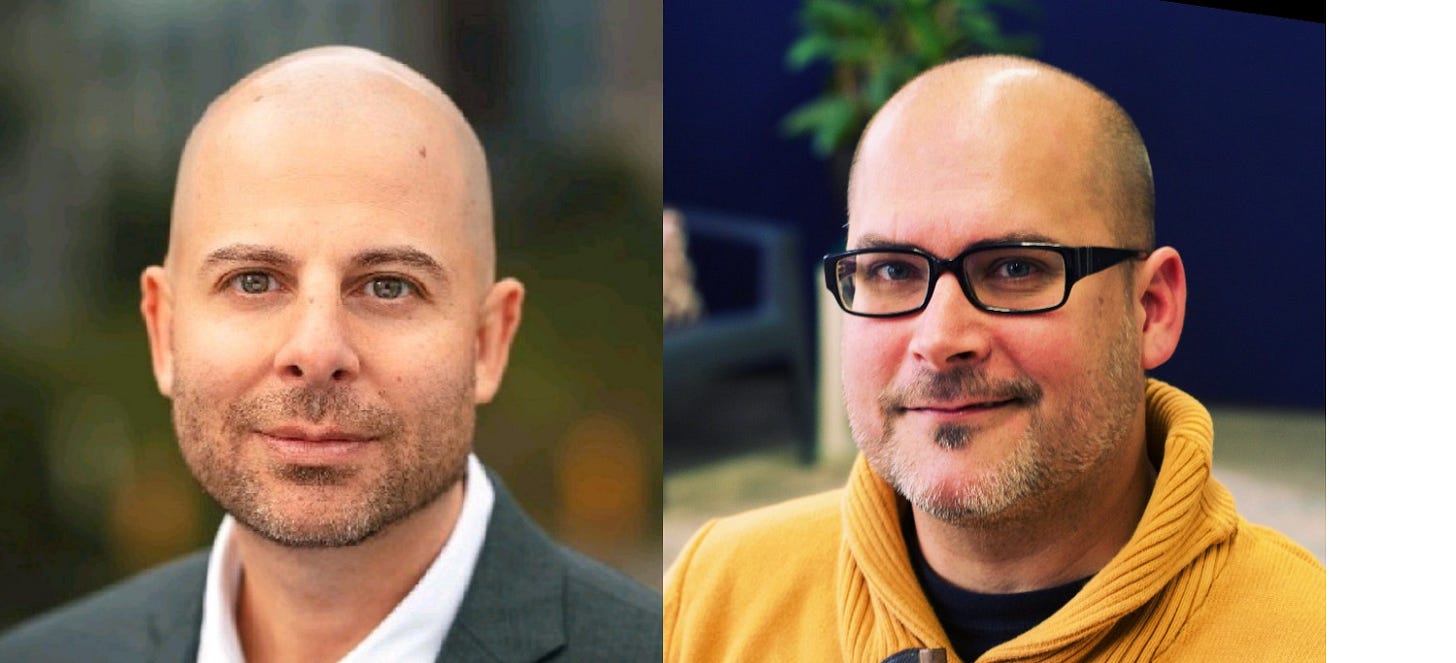Indigenous Venture Challenge is driving more capital into Indigenous-led ventures
Led by Indigenous investors, the initiative is backing founders with an alternative to traditional VC—rooted in “reciprocity, shared success, and what’s best for the venture to succeed.”
The Indigenous Venture Challenge (IVC) is leading a movement to put more capital into Indigenous-led ventures—using an approach that is solving a centuries-old problem in a “novel way.”
The IVC is calling out to founders to compete for a minimum $50,000 investment from Indigenous angel investors. Following final due diligence and the acceptance of terms, the funding will be made available through a shared earnings agreement (SEAL)—a model designed to protect founders from predatory terms while creating shared upside for both sides.
Those who are shortlisted will be invited to pitch live at the Indigenous Tech Conference—taking place in Richmond, B.C., on January 20, 2026—with all expenses paid. Leading up to the event, founders will receive mentorship from experienced Indigenous founders and investors, support navigating venture terms and understanding SEAL agreements, and access to capital
The initiative is led by serial entrepreneurs and angel investors Ryan St. Germaine and Richard Tuck. St. Germaine is also the founder of the Indigenous Tech Circle, a non-profit to support current and future Indigenous leaders, and Tuck is the CEO of the Wakopa Financial Workers’ Co-operative, which provides financing and mentorship for atypical entrepreneurs.
“The word ‘challenge’ was chosen very specifically,” highlights St. Germaine. “We want to challenge our investors to say, ‘Listen, we need to become better angel investors, and we need to start finding ways to create generational wealth by supporting our companies.’ For the founders, we want to say, ‘This is your cousins, aunties, and uncles who are investing in your business, and we have a shared vision and mission for what this means so that we create this generational wealth.’”
Setting out to provide an alternative to “dominant forms of capitalizing new ventures.”
The idea to start the IVC has been a long time coming, says St. Germaine. Through working with the Indigenous Tech Fund—a $20 million fund to support Indigenous-led tech ventures—he witnessed how, oftentimes, institutions, foundations, and organizations are “locked into systems” in “how they can go about doing things.”
“The traditional venture capital model is broken and misaligned with most ventures, especially Indigenous-led and impact-driven ventures,” he wrote in a post. “It chases hypergrowth while ignoring businesses that grow moderately even if they could become great long-term, profitable companies providing good employment opportunities to hundreds of people. Moreover, most VC funds have 10-year lifespans even though, on average, it takes longer to see success, which means they are incentivized to over-capitalize 1 or 2 lottery winners and kill off the rest.”
He adds: “Debt is also a colonial construct that concentrates power within very few financial institutions, which have historically harmed and excluded Indigenous people. All debt instruments come from investor-centric thinking, which means that every part of the model benefits the investor first, causing an unfair and disproportionate power dynamic.”
St. Germaine goes on to note that, ultimately, the IVC aims to get away from “dominant forms of capitalizing new ventures.” That’s why, he says, it’s taking an Indigenous approach to capital that is rooted in reciprocity, shared success, and what’s best for the venture to succeed.
The IVC chose the SEAL model as it reflects Indigenous ways of knowing and doing business most closely, according to research by Wakopa Financial. The team is also working with Métis lawyer Yvonne Guy Laroche to create an Indigenous version of the structure.
Notable investors and partners willing to make bets
Investors and partners who have committed to the initiative include trailblazers across different fields. This includes Bobbie Racette, the founder of talent marketplace Virtual Gurus and recognized as one of Canada’s most powerful leaders in innovation, and Josh Nilson, the founder of video game company Maskwa Games and was BC Tech’s 2022 Person of the Year.
For founders looking to apply, IVC says it’s seeking Indigenous-led ventures with scalable growth or revenue potential, a clear pathway to profitability, and a commitment to lasting impact. However, it highlights their willingness to take bets on those who can demonstrate their abilities to achieve their goals.
“That’s in any venture, not just Indigenous ones,” says St. Germaine. “We are looking at the team. We are looking at their hypothesis around revenue [...] and then we know they are going to change direction. We are okay with that. We want to know that we are aligned in how we are thinking about revenue [and] want to ensure that this is creating opportunities for Indigenous folks.”




